Idaho drug offense convictions lead to criminal penalties and a record that will limit a defendant’s future opportunities. Those who plead guilty or get convicted in the Idaho criminal courts face not just incarceration and fines but also a lifetime of having the record of that offense that will turn up in background checks.
This reality hardly seems fair when defendants are navigating a situation in which they have violated drug statutes not for personal gain but instead because of a substance abuse disorder. For example, someone who is struggling with chemical dependence may purchase drugs on the unregulated market and end up arrested as a result.
The drug courts are sometimes an option
Idaho sends most criminal cases through the standard criminal courts. However, there are a few specialty courts available to individuals in specific circumstances. Occasionally, non-violent offenders accused of a drug-related crime may qualify to have their cases heard in the Idaho drug courts. The state is quite clear that drug court adjudication is not a right.
There are several requirements for drug court adjudication. The first is that the offense must meet certain standards. Generally speaking, only those accused of non-violent offenses that did not involve a deadly weapon are potentially eligible for drug court proceedings. Additionally, the courts will look back at someone’s record. A history of violent offenses or sex crimes will likely preclude someone’s involvement in the drug court program.
The person asking for drug court hearings will need to undergo assessments related to their addiction and the likelihood of committing another crime. Finally, the prosecutor and the officials operating the drug courts have to agree that a defendant is a good candidate for the program.
What does drug court involve?
Drug court proceedings require months of compliance. Intensive treatment, possibly including inpatient rehabilitation or counseling services, will often be part of the process. People will need to regularly meet with court officials and undergo randomized drug screenings. They will also need to avoid getting arrested for any other offense.
When successful, drug court proceedings can help people avoid criminal penalties. There will be no record of a criminal conviction after successful completion of the drug court process, and the courts will not impose any criminal sentence. As a result, seeking legal guidance to explore drug court as an option is generally wise when a substance abuse disorder played a significant role in an individual’s alleged drug offense situation.

